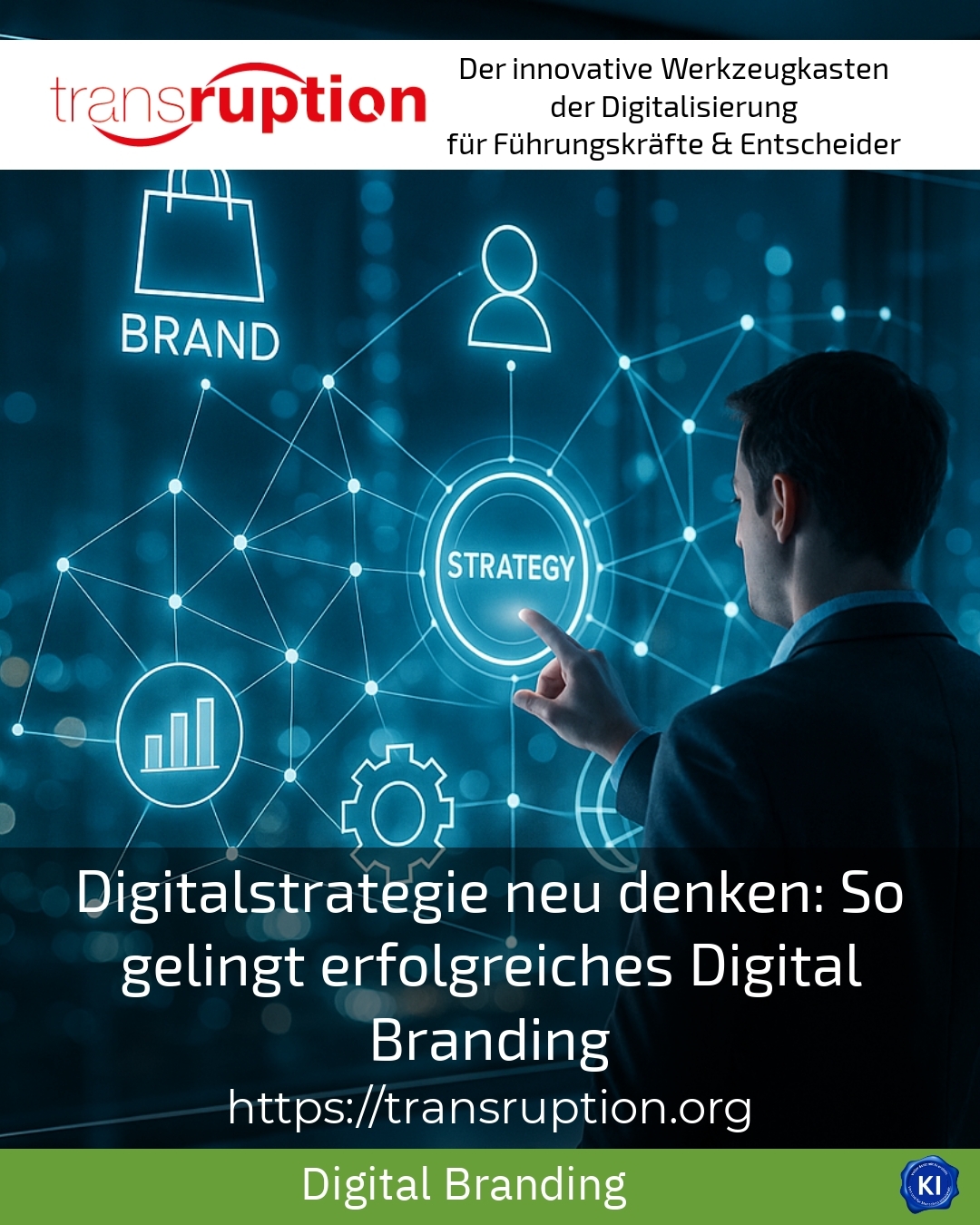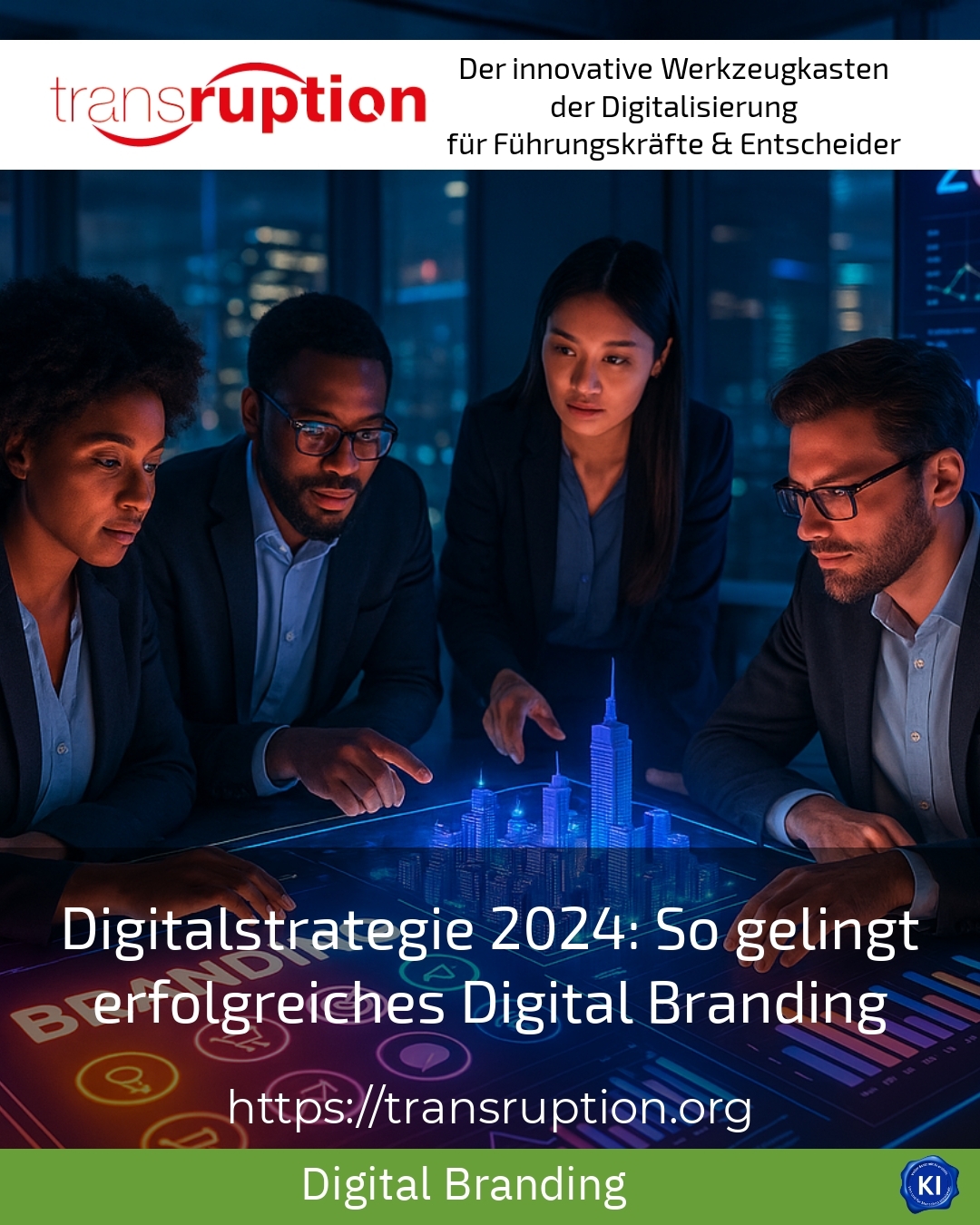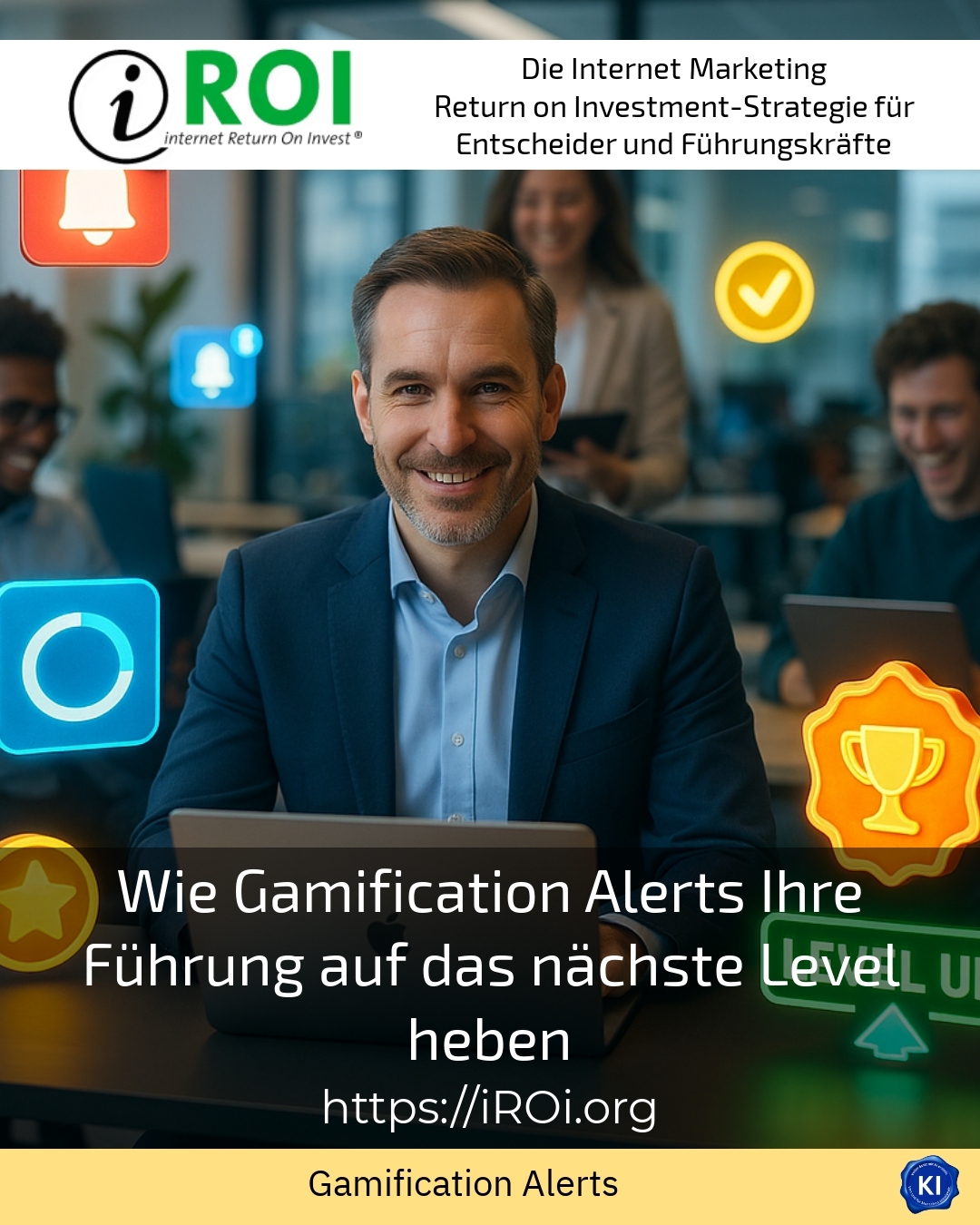Gamification alerts are becoming increasingly important when it comes to taking leadership to a new level. These innovative impulses serve as a guide for managers to better motivate employees, make processes more transparent and organise collaboration more effectively. Through the targeted use of playful elements and real-time feedback, managers can support their teams dynamically and at the same time steer them in a targeted manner.
Gamification alerts: More motivation and commitment in day-to-day management
In the modern working world, one thing counts above all else: the ability to react quickly to changes and to motivate employees in the long term. This is where gamification alerts come into play by visualising important tips, successes or challenges in real time. In this way, teams receive immediate recognition for goals achieved or are specifically encouraged to take certain actions.
For example, a digital sales competition with real-time scores increases the commitment of sales employees. As soon as a new sales target is reached, a gamification alert triggers a short push message that motivates them to continue. This creates an atmosphere of dynamism and team spirit.
There are also benefits in customer service: A gamification-based feedback function gives employees immediate feedback on their performance, which improves service quality and promotes positive customer experiences.
Another example is the event industry, where gamification alerts are part of interactive participant coaching sessions. This noticeably increases the length of stay and the attention of visitors at events. Organisers report higher satisfaction and a stronger social media presence for their events.
How gamification alerts support leadership: Practical approaches
Managers often encounter the desire for more transparency and clarity in collaboration. Gamification alerts can serve as a supporting tool here by visualising progress or necessary improvements.
- In project management, gamification alerts help to highlight critical milestones so that the team remains focussed.
- In the area of employee training, real-time feedback and awards provide a fun incentive to pursue learning objectives.
- Gamification alerts show the current status of the target agreement and thus encourage active participation in achieving the target.
BEST PRACTICE with one customer (name hidden due to NDA contract) The client quickly understood how gamification alerts could be used to inform team leaders about progress in product development on a daily basis. These real-time impulses enabled targeted intervention and significantly improved communication between individual departments.
Gamification alerts are also ideal for supporting agile processes in software development. Warnings or successes can be displayed on dashboards so that no step goes unnoticed and employees have clear guidance.
Gamification alerts as a tool for continuous improvement
The principle behind Gamification Alerts is closely linked to the idea of continuous optimisation. Managers receive important information through playful signals as to whether processes are working or whether adjustments are necessary.
In production, for example: if production figures are not achieved as planned, an automated alert can inform the team at an early stage so that countermeasures can be initiated. At the same time, positive performance is visualised and rewarded.
In marketing, analysing customer interactions using gamification alerts can lead to campaigns being adjusted in an agile manner. This allows teams to react more quickly to customer needs and increase the efficiency of measures.
BEST PRACTICE with one customer (name hidden due to NDA contract) A marketing department implemented gamification alerts to obtain real-time data on customer interactions. This enabled campaigns to be optimised immediately and the conversion rate to be significantly improved.
Tips for the successful integration of gamification alerts in day-to-day management
In order for gamification alerts to be fully effective, it is advisable to consider a few important points:
- Accuracy of fit: Alerts should provide relevant and well-dosed information in order to avoid excessive demands.
- Contextual reference: The content must be tailored to the respective industry and the specific challenges.
- Interactivity: Users should be able to interact with the alerts, for example by recognising them or sending short feedback messages.
- Transparency: Disclosure of the objectives and purpose of the alerts promotes acceptance and commitment.
Another important factor is the continuous support provided by experienced experts. This is where iROI-Coaching positions itself as a reliable partner that supports companies in the successful implementation of projects relating to gamification alerts and offers customised solutions.
My analysis
Gamification alerts provide managers with effective stimuli to motivate teams, visualise successes and support change. They not only bring more dynamism into day-to-day management, but also promote a culture of continuous improvement. Practical examples show how versatile these playful approaches can be used - from sales and marketing to production.
Those who integrate gamification alerts sensibly and work with professional support such as iROI coaching can take management to a new level and significantly increase efficiency.
Further links from the text above:
Gamification: definition, advantages & 5-step practical guide [1]
11 gamification examples for retailers in practice [2]
Gamification in the event industry [3]
7 examples of gamification in a corporate and business context [6]
For more information and if you have any questions, please contact Contact us or read more blog posts on the topic internet Return on Investment - Marketing here.
















